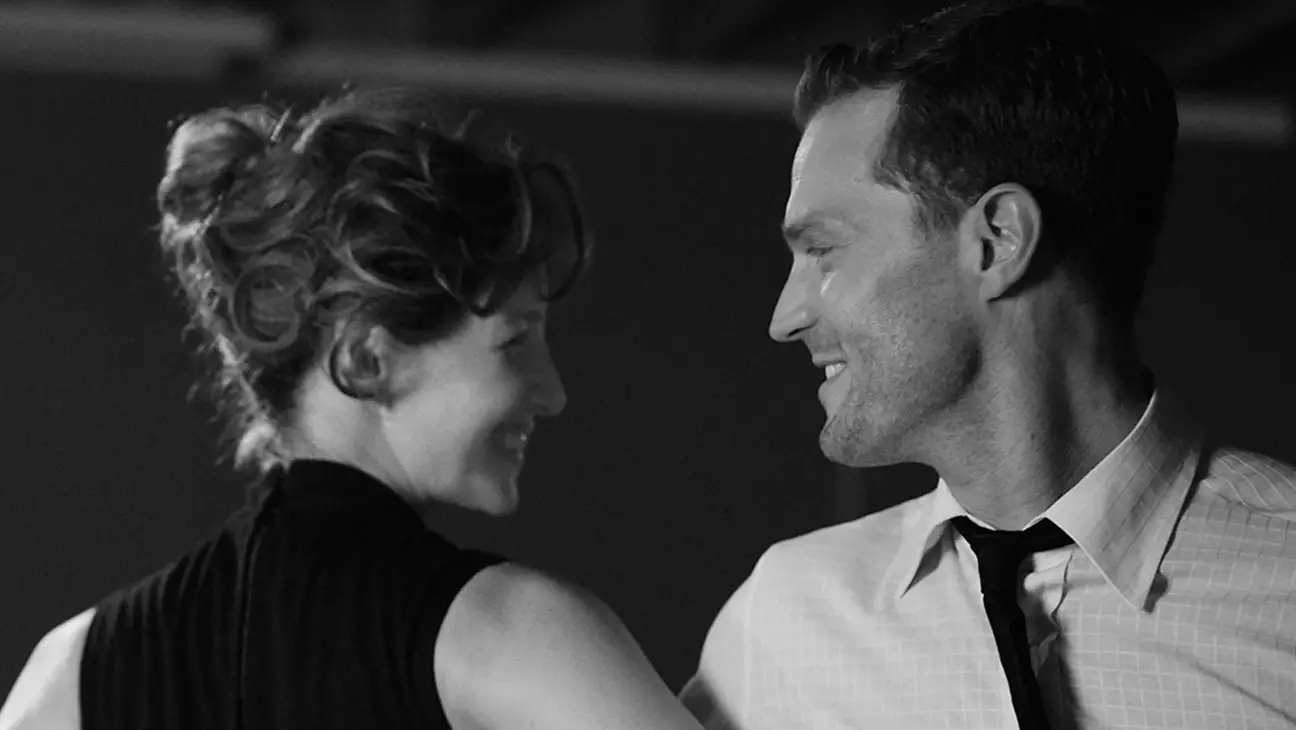Kenneth Branagh’s Belfast is a gorgeous, melancholy snapshot of a family, a city, and a nation at a crossroads. Set in the 1960s in the city of his childhood, Belfast may be Branagh’s most personal project yet. Shot in black and white, Branagh brilliantly portrays a family at a breaking point. Set against the backdrop of the 1960s sectarian violence that would engulf a nation for decades to come, the movie is held together with incredible performances.
At the heart of the movie is Buddy, played by newcomer Jude Hill, a young boy growing up and trying to find his place in the middle of a violent world. The great Dame Judi Dench is the emotional heart of the entire story, keeping her entire family held together at a turbulent time. Caitríona Balfe, Ciarán Hinds and Once Upon a Time’s Jamie Dornan round out this tight, incredible cast.

Fans of the 2008 TV series Merlin will rejoice in seeing Colin Morgan playing a villain of the most interesting kind. He’s perfectly hateable in his portrayal of a man taking advantage of a deeply rooted and complex situation for his own personal advantage. Morgan’s charisma as the movie’s villain comes through in every scene.
What makes the movie stand apart from other portrayals of this moment in time is its powerful meditation on religious extremism and its consequences. In contrast to other portrayals of this time, this movie avoids many cliches of extensive sequences of brutality, hammered messages along the lines of the futility of violence. However, Branagh focuses on portraying these events through a child’s eyes.
A ranting Protestant cleric in a crowded church compels the viewer to consider what the end results of such religious fanaticism mean in the context of its impact on a child. The concept of considering the implications of dividing people who until the moment before the outbreak of violence had been friends and neighbors is a sobering one, handled brilliantly throughout the movie.

| CREDIT: FOCUS FEATURES
Throughout the movie, we get to see Buddy grapple with the impacts of this religious extremism in his own life though he is too young to understand the full context. It impacts everything around him right from the opening scene where the peace and idyllic nature of a walk home from school is shattered in an instant. It impacts his immediate family as his father and brother are targeted for recruitment to participate in radical action. Most poignantly, at a young age, he is forced to consider what it means when his first love, a classmate, is from a different religious background.
Belfast is sure to be a contender during awards season. From its gorgeous cinematography, original music with all new songs that could be right out of the 1960s, and its incredible performances it will surely make an impact when ranking the year’s best films. Belfast is ultimately a tribute to the Irish people who, as a character so poignantly points out, “…were born for leaving”. It is a reflection on how leaving one’s homeland is never an easy choice and regardless of circumstances, it is an experience fraught with trauma and heartbreak.
The end result of all of this is a moving glimpse at a moment in time when the Irish people were compelled to make a choice at a fork in the road. Although a uniquely Irish tale, all people who have been confronted with these choices over generations are sure to relate and to find themselves reflected in this story.
Belfast is set to be released in theaters on November 12, 2021.

